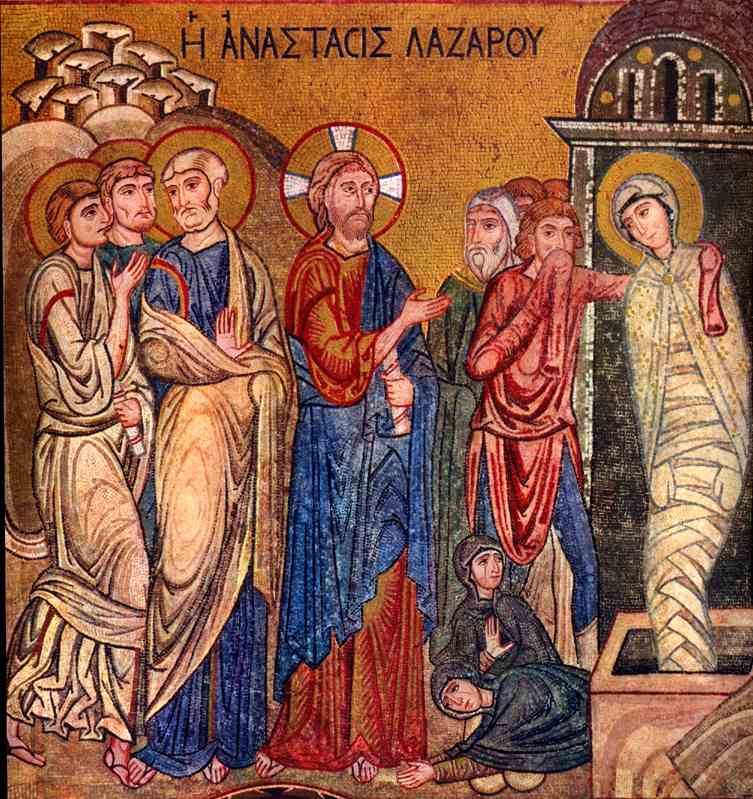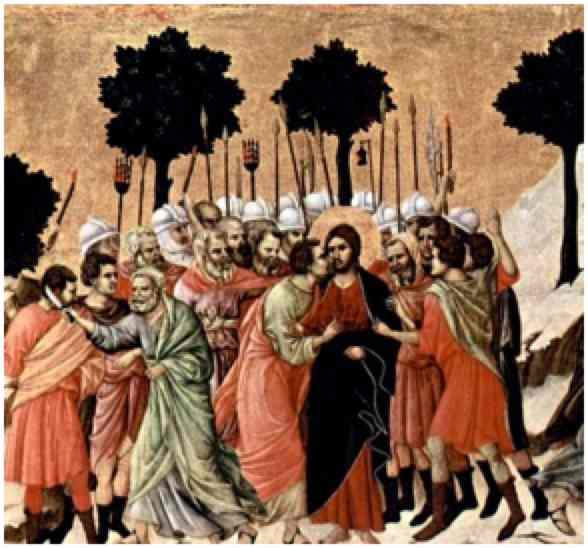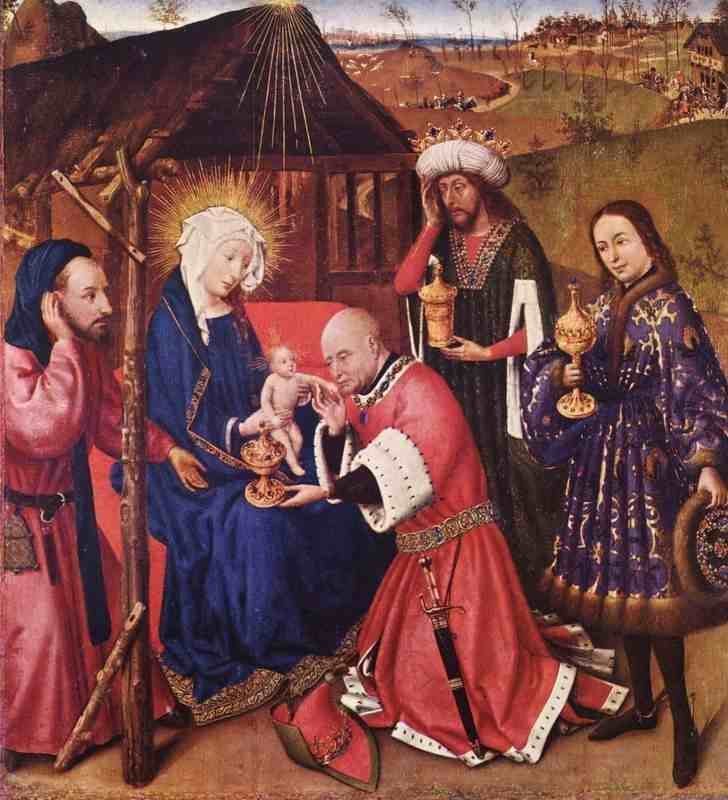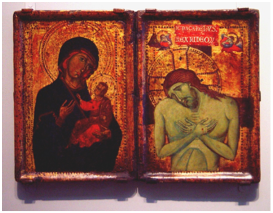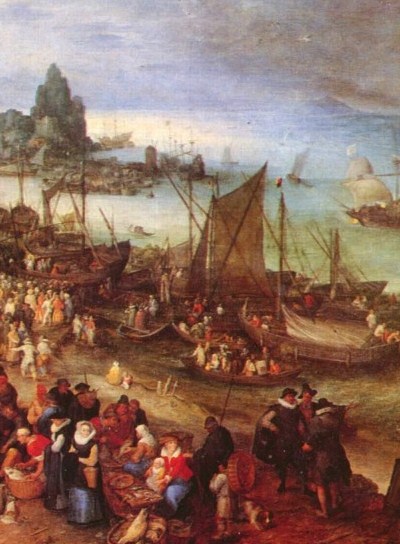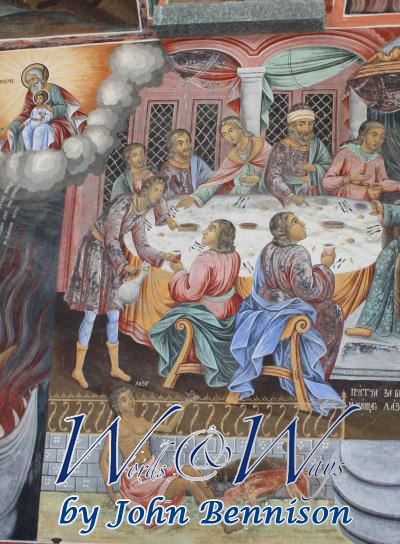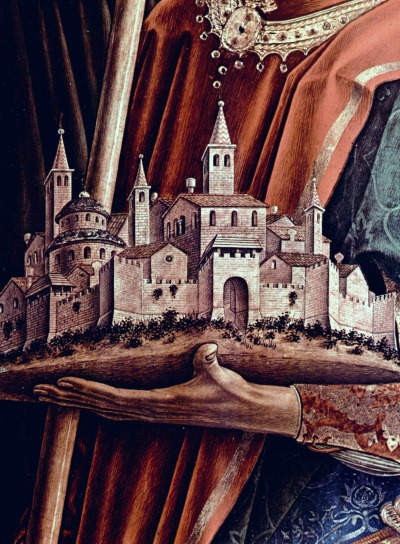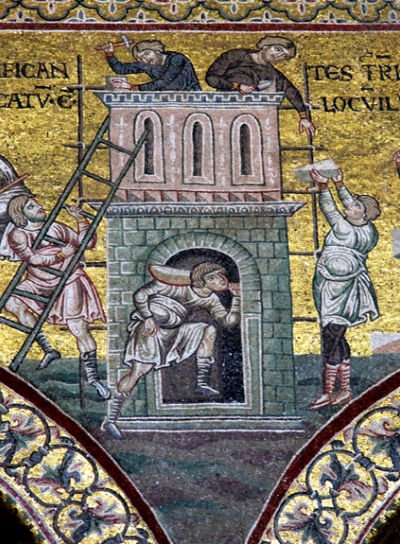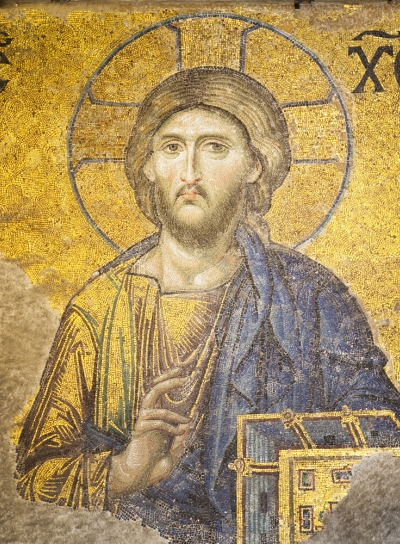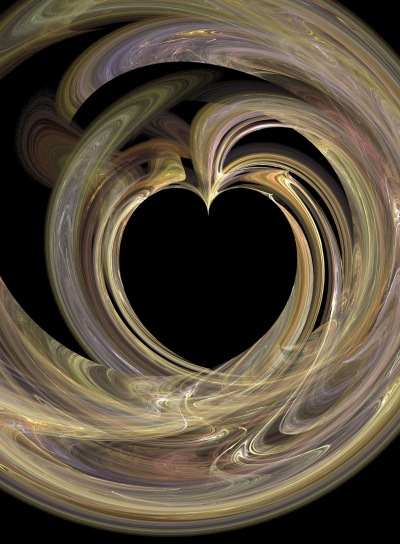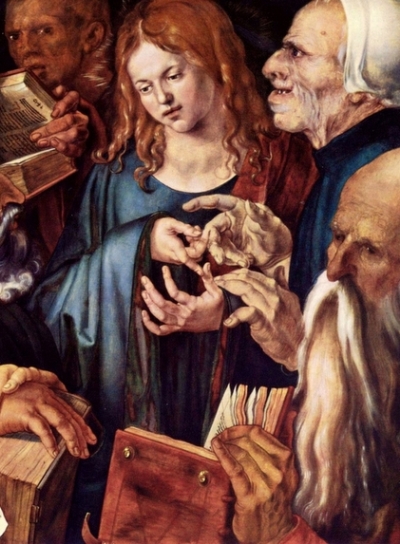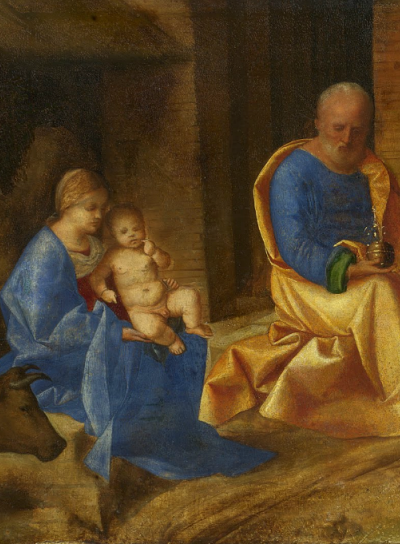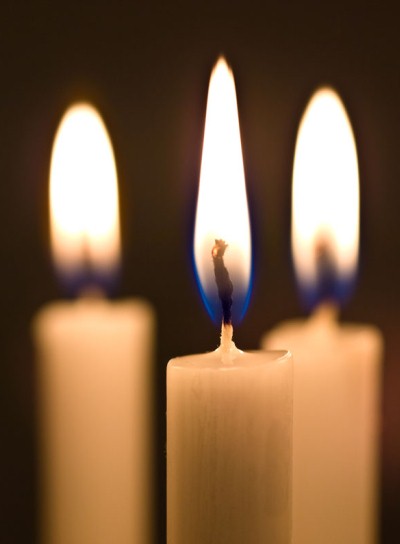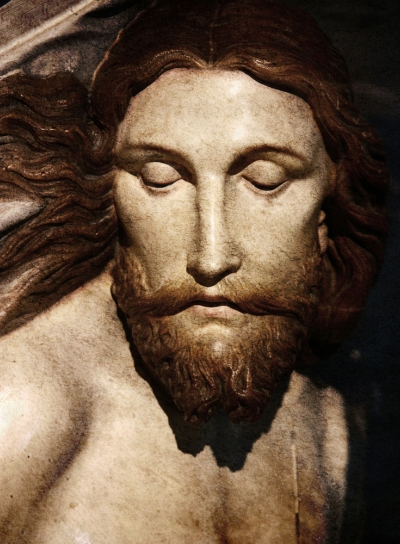The Gift of Mortality
Avowed atheist Susan Jacoby recently created a dust up with a recent article in the New York Times Sunday Review entitled, “The Blessings of Atheism.” She wrote in response to all the god-talk that appeared in the immediate aftermath of the Newtown massacre; with all those unanswerable questions or inadequate answers to human suffering and death so often peddled in popular religious belief. So too, not long ago author and “non-believer,” Christopher Hitchen’s posthumously published his little book Mortality; recounting his rambling thoughts on his own imminent demise; after a terminal diagnosis left him a sufficient number of days to find himself “deported from the country of the well across the stark frontier that marks off the land of malady.” But what, or where to, after that? What if this really is all there is? It seems there has always been the human hankering to imagine all kinds of fanciful notions, in our attempts to recapitulate our mortal existence into something more than it is. Many religious traditions, including centuries of “mainline” orthodox Christianity, employ great mythic stories to describe a life subsumed into something greater than we can either know, or grasp, except by “faith.” Heaven knows, some folks try to better themselves, merely in the hope of a remote possibility there something more, after our death, which is a certainty. But in the end, is it all dust and ashes? And is that OK? This is the liturgical time of year when many in the Christian tradition undergo a seasonal pilgrimage in which the faithful are reminded at the onset we mortals are nothing more than dust. And so we will one day return to that from whence we came. Then the traditional forty days end with the perennial re-enactment of a passion play commemorating the mortal demise of the one whom Christians even these many centuries later would profess to follow. Many do so in the hope of some kind of immortality for themselves in some indecipherable form or other; attributing to Jesus a “resurrection” that means the same thing to them as god-like immortality; while others of us may find such imaginings to be not only reasonably implausible, but of less importance than what we take to be of greater significance and meaning in this faith tradition. Otherwise, the vainglorious hope of immortality can become so enshrouded in our mortal fears that we become – like Lazarus in his early grave – so wrapped up in death that we fail to truly acknowledge and appreciate the gift of our mortality for what it is; nothing more, nor less. With the certain assurance then that we are but dust and ash, we can ask ourselves if the gift of our mortality is not only enough, but more than enough? And if so, as the psalmist says, how then shall we “number our days, that we may apply our hearts to wisdom?” (Psalm 90:12)
A Reflection for Saint Valentine’s Day
A popular football star falls in love with an online fantasy girl who doesn’t exist in real life. Unwittingly, he entrusts his heart to what is nothing more than a figment of his imagination, and the cruel hoax by those who would take advantage of his vulnerability and naiveté with an online sport known as "catfishing;" where bottom-feeding predators fabricate online identities, in order to trick people into emotional relationships, or worse. And it’s as easy as shooting fish in a barrel, because everybody loves somebody sometime. But when the love of his life that never existed dies, who could doubt his feelings of affection were real, despite the fact the object of those affections was not? However, for anyone who might consider love is less a feeling sometimes, and more a vested act of making someone or something else to be of more importance than one’s self, when it comes to Valentines Day, it may be helpful to remember how it all began. Read more.
A Gospel of Non-violence in a Violent World
We wrestle with the stark reality of the culture of gun violence in which we find ourselves, and a gospel message for the progressive Christian that is inherently non-violent. Advocates for one side of a heated debate insist the only way to stop a bad guy with a gun is a good guy with a gun; which is only true if the good guy is faster on the draw and a better aim. To assert the good guy always wins is, of course, a lie. There are plenty of examples of murder and mayhem in that compendium of stories we call the Bible. In some stories the good guy wins. In others, they lose; particularly those who choose the way of non-violent resistance unequivocally taught and demonstrated in the words and deeds of the Galilean sage and healer. It’s not a matter of a showdown to see who wins with a more forceful argument. Far from naïve, impractical and unrealistic, a non-violent response may be the only thing to break the perpetual cycle of violence. But how?
A Reflection for Twelfth Night and the Epiphany Season
The journey of the magi, and their adoration on bended knee before a newborn peasant who presumably comes to subordinate the Herod’s of this world is a quaint and fanciful tale. But this year, the real exchange of gifts in the City of Angels was a modern day epiphany that suggest we might indeed still find for ourselves new, authentic life in such an otherwise arcane myth. Now the question is whether the meaning and message of Epiphany season will truly shed new light in the bleak midwinter of our discontent.
A Christmas Requiem for Sandy Hook
Why -- despite popular Christianity’s doctrinaire explanations -- was a Galilean peasant child’s fate sealed even before he drew his first breath? Was
A Precarious Reflection for the Thanksgiving Holiday, 2012
That bedrock of Jesus’ teaching did however have implications as to how we might order our lives in society; in closer alignment with what those scriptures depict as something more akin to what the divine had in mind. As well as how we ought to treat one another, without vacuous pretence or self-embellishment.
Reconciling Gratitude, Generosity & Greed
The common dream most people have of one day having more than they already have seems to have remained as fleeting and elusive as ever. Meanwhile, the gross disparity and widening gap in this country between the haves and the have-nots has reached a point where an oligarchy of corporate interests posing as individuals shape public opinion and outspend each other as never before in partisan attempts to buy an election.
Jerusalem, Now and When?
Why would a Jewish American doctor risk serving the medical needs of Palestinian children in the occupied territories of the West Bank?
Giving Voice to Intolerance in an Age of Pluralism
The back story to the Tower of Babel myth is that the orignial plans called for anything but babble. But where once humankind may have all spoken the same language with one unifying plan to build a place all could dwell and abide one another, it has long since ever been the case. “We live in a pluri-verse, not a uni-verse,” says Raimon Panikkar. Ours is a pluralistic age in which we have many different and opposing – even sometimes mutually incompatible -- worldviews that threaten planetary human coexistence. In the midst of such chaos and confusion, how can we tolerate each other’s differences? Or, some might ask, should we even try? I consider myself a very tolerant person! The only people I cannot abide are ignorant and intolerant bigots! Does that make me intolerant as well, or merely principled? What would constitute a forbearance of principled intolerance, with a leniency of spirit? Here's John Bennison's latest Commentary from Words and Ways.
Jesus' Way of Confounding the Trophy-centric Ways of this World
The ancient Olympic games were a series of athletic competitions between city-states. The results determined who were the winners, and who were the losers. But during the games, any conflict between the warring states was forbidden. If ever there was a time when that Olympic torch should be lit and never be extinguished, perhaps this is it. But how? It seems international good sportsmanship inside the stadium can only be assured by heavy security on the outside; where unruly competing self-interests would seek to turn winning at all cost into a blood sport. The previous Words & Ways commentary explored a foolish kind of wisdom once espoused by a Galilean sage through his teaching, the parables he told, and even the seeming absurdity found in his miracles (see "The Foolishness of Jesus"). It is this same Jesus tradition that also proposes such counter-cultural notions that one can “win by losing," and “the last shall be first." Here's John Bennison's latest commentary from Words & Ways.
Wisdom & Foolishness in the Perennial Tradition
Wisdom is often mistaken as knowledge, prudence or pragmatism; whereas foolishness is equally regarded sometimes to be the kind of fool-hearted thing Jesus would have characteristically espoused with many of his confounding ideas about God, God’s ways and how we ought to treat one another. Truth be told, there are plenty of people who consider themselves much too smart to take seriously some of the darn fool things Jesus actually said and meant. But Jesus was no ordinary fool. A Words and Ways Commentary by John Bennison.
It is that elusive and intangible spirit that is within us … that constitutes both that tenuous thread and tether of a relationship with whatever we might call the holy divine.
Beyond any question of ethical and legal right or wrong, reason or rationale, human goodness or human evil, guilt and judgment, worthiness or worthlessness -- when all is said and done -- does there remain yet a response that is not only possible, but necessary, to acknowledge the dignity and worth of every human being? Do we have both the capacity and compunction to include in the mix some expression of compassion in such tragic stories of brokenness and estrangement, violence and vengeance.
One could say the whole of the biblical tradition is actually a story about the matters of the heart. And at the heart of the gospel message is a tradition that reminds us time and again — with very human stories — what can turn the heart to stone.
The Holy Ordinary
The kinds of stories the Galilean spirit/sage spins become sacred stories, but not because they have been canonized by any religious authority. Rather, they are extra-ordinarily spiritual tales because they are stories about the sacredness of the ordinary life as revealed to us by the one who taught with a different kind of inner authority. It's what makes ordinary life so undeniably, unavoidably, deeply, and essentially spiritual. And It is also why ordinary people are as reluctant to relinquish their claim to be “spiritual,” in the most profound sense of the word; just as adamantly as they disavow being “religious,” in the worst sense of that word.
The trouble with an epiphany is that it often leads to enlightenment! And enlightenment can alter the way one sees the world and one’s relationship to it. As such, anyone who would bend the knee in praise and adoration might do well to consider it can also be a radically subversive act of obeisance and allegiance.
It has long been a family tradition to mark the days of Advent and Christmastide seasons with the wood-carved characters appearing in our little crèche one by one, week after week, like unfolding scenes in a two-act drama. But the year one of the three wise men was nowhere to be found when it came for him to enter stage left not only got me wondering about his whereabouts, but what he could have possibly been up to. Such speculation, I would suggest, may be no less credible than Matthew’s fanciful, retrospective tale.
"The divine word and wisdom became human, and made itself at home among us.” So begins the Prologue to John’s gospel, with a far loftier and esoteric version of Jesus’ nativity than any birth in a barnyard. But more so, John’s introduction to a good news gospel reaches across the ages to not only give new meanings to the words he uses to describe the incarnate word of God; but gives fresh insight into some of our own vernacular, and how we might even redefine Christ’s mass ourselves.
There's two sides to every story, and there's often some good news and bad news. Is the Gospel all good news? That depends. This Advent commentary considers the implications of rethinking and retelling the Christmas story.
On Adequacy, Abundance and Excess
In the disequilibrium that defines this moment in time, how do we all reconstitute a life-affirming balance between those needs and wants with which we all struggle?
From: Words and Ways
Wave after wave of natural disasters and eruptions of human conflict set our heads spinning. Despotic regimes are getting overthrown, one right after the other; while the Occupy Movement gains momentum, demanding change of one sort or another. If change is the one constant, why do we resist? If it might reflect the nature of a divine imperative, how might we become agents and co-participants of such change ourselves?
Part II
What is the relationship between the Jesus of history and the title accorded him as the “Christ?” No matter what kind of Christian you may be, if Jesus is regarded to be fullest manifestation of God in the faith tradition we all call Christianity, just which Jesus are we talking about? And, how might we get from possibly being a disciple of this Jewish rabbi and spirit-sage, to “taking up a cross” of some kind for this “Christ?” In a word, who's got which Jesus? This is Part II of a two-part commentary.
Regarding Heaven and Hell; Ah, but a man's reach should exceed his grasp, or what's a heaven for? - Robert Browning. An evangelical pastor of a mega-church, Rob Bell, creates a stir when he writes a little book, suggesting when it comes to a place called heaven, there's room for everyone. What the hell?
Part I
Shortly before his deadly rampage in Norway in July, Anders Behring Breivik posted a rambling Christian jihadist manifesto on his Facebook page. Within days, a self-professed Christian fundamentalist who blogs online claimed the mass murderer was no Christian because he “supports Darwinism and human logic, demonstrating a rationalist worldview rather than a Christian one.” Uh-oh. While I would also identify myself as some kind of “Christian,” I couldn’t resemble either of these two characters less. So what kinds of beliefs and behaviors do I accept and refute to describe my own “Christian” identity? What kind of a “Christian” am I? …

